Progress as Gov and BT Move to Support Rival UK Rural Broadband Projects
The government’s culture secretary, Maria Miller MP, and BT have met local action groups (some of which were smaller ISPs) in an effort to resolve the impasse over which parts of the UK will not gain access to superfast broadband (25Mbps+). It’s currently hard for alternative operators to fill the gaps without first knowing where the gaps are.
The current target suggests that roughly 88% of the United Kingdom will be within reach of a fixed line superfast broadband service by the end of 2015 (the original target was 90%) and this figure should hit 95% by 2017 (rises to 99% by 2018 if you include wireless solutions), which will be partly funded by £780m of state aid from the central government (this must be matched by BT and local authorities).
But so far all of the related Broadband Delivery UK (BDUK) contracts have been gobbled up by BT, the only viable bidder left within the current framework. Meanwhile a growing number of smaller projects have been working to solve the final 5% and many of those are seeking related grants from the £20m Rural Community Broadband Fund (RCBF).
Sadly the RCBF has been struggling to sign-off on a number of related projects (stuck in limbo) and that’s partly because they don’t know which areas will be covered by BT’s effort and which won’t. In fairness even BT can’t be sure of its expected coverage until after a proper survey has been conducted and, except for a few projects, we’re only now seeing the fruits of such work.
Ed Vaizey, Communications Minister, said recently:
“Publicly-funded projects are prevented by the state aid rules from overbuilding other projects.”
But there is another side to this story, which is one where BT has preferred to protect the relevant information (i.e. coverage and speed data) by stating reasons of commercial confidentiality. However altnets contest that such a defence should not be applicable in any area where public funding is to be used, which brings us to yesterday’s meeting.
At the time of writing the details are a little sparse but we’ve been informed by the Independent Networks Cooperative Association (INCA), which represents a number of smaller ISPs, that the meeting itself was “very productive“.
A Spokesperson for the Department of Culture, Media & Sport said:
“This was a constructive meeting between the Secretary of State, BT and the most advanced community-led rural broadband schemes. It was agreed that all parties would work together, along with local authorities, to ensure that projects applying for the Rural Community Broadband Fund could co-exist happily alongside the wider rural broadband scheme, being led by BT.
The Government is clear that there is a range of options for the delivery of superfast broadband to the hardest parts to reach of the UK. The recently announced £250 million extra funding will ensure that superfast broadband can reach 95 per cent of premises by 2017.”
It’s claimed that Maria Miller appeared to be supportive of altnets and it’s hoped that more progress on the specifics will be made by the end of next week. INCA in particular are understood to have called for a number of things, such as support for different roll-out models, more protection from BT overbuilding rival altnet schemes and greater transparency of the incumbents costs for BDUK funded work.
At the same time it’s worth remembering that the government almost certainly won’t bend over backwards to meet the whims of its smallest players. Perhaps the best that altnets can hope for is a small slice of an olive branch but for some that might just be enough. Meanwhile most consumers simply want faster connectivity and few tend to care where that comes from, just so long as it’s affordable and does what they want.
We hope to have more information shortly.
Mark is a professional technology writer, IT consultant and computer engineer from Dorset (England), he also founded ISPreview in 1999 and enjoys analysing the latest telecoms and broadband developments. Find me on X (Twitter), Mastodon, Facebook and Linkedin.
« BT Bring FREE WiFi Internet to 140 Youngs and Geronimo Pubs
Latest UK ISP News
- FTTP (5533)
- BT (3518)
- Politics (2542)
- Openreach (2299)
- Business (2267)
- Building Digital UK (2247)
- FTTC (2045)
- Mobile Broadband (1978)
- Statistics (1790)
- 4G (1669)
- Virgin Media (1621)
- Ofcom Regulation (1466)
- Fibre Optic (1396)
- Wireless Internet (1392)
- FTTH (1382)
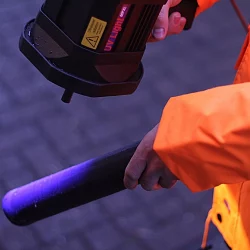

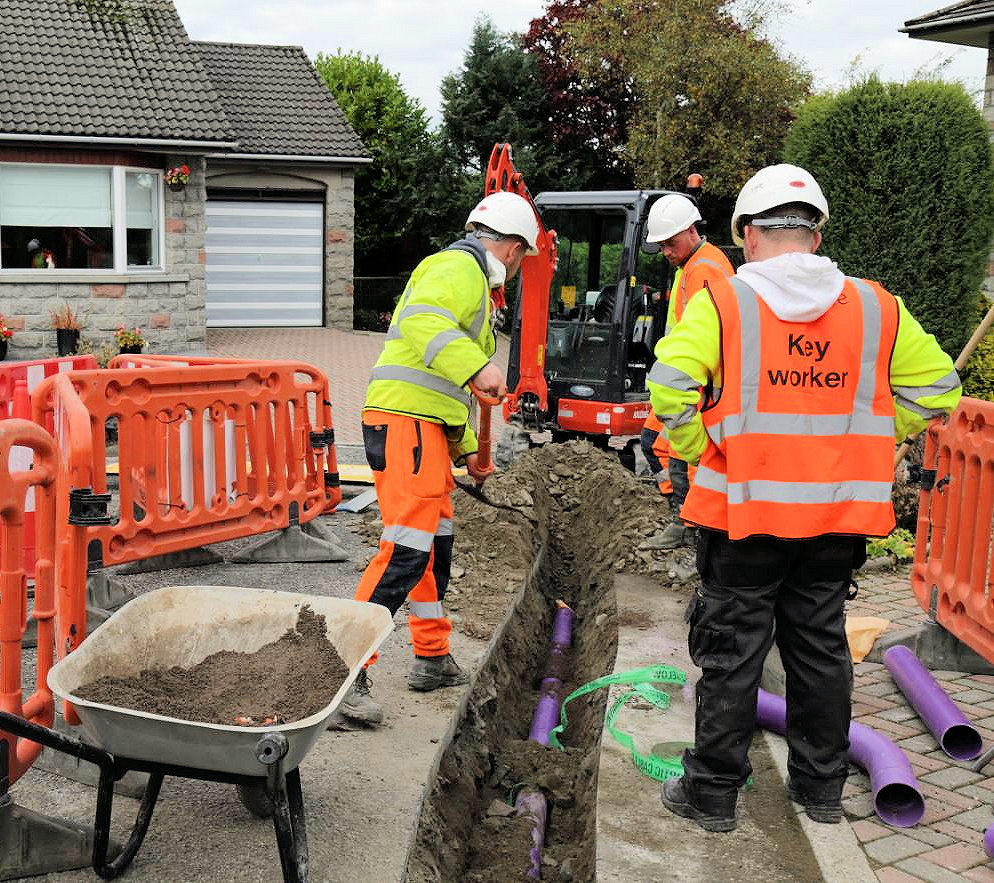

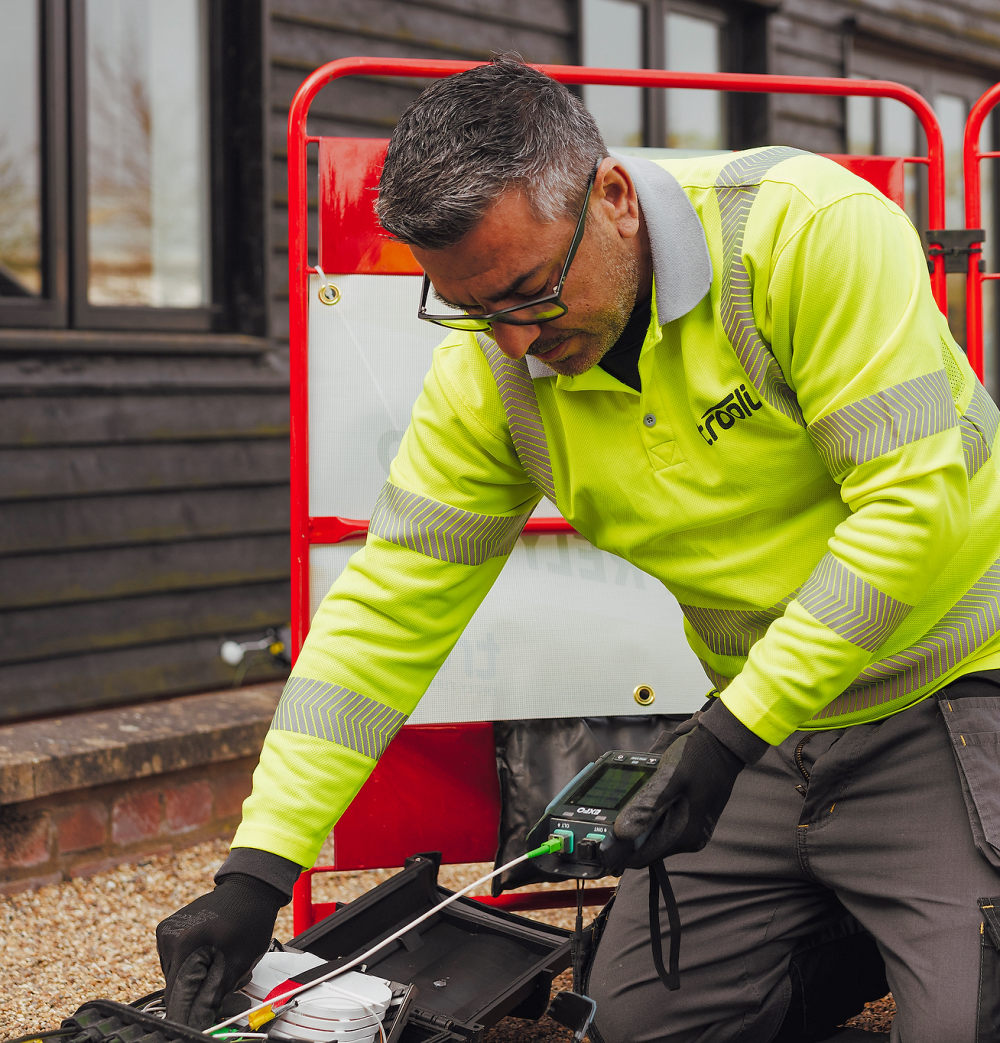
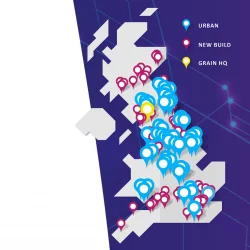

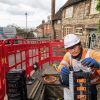









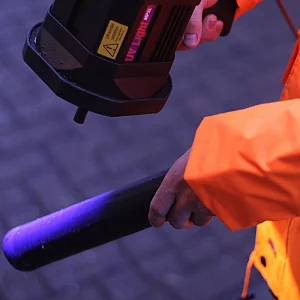

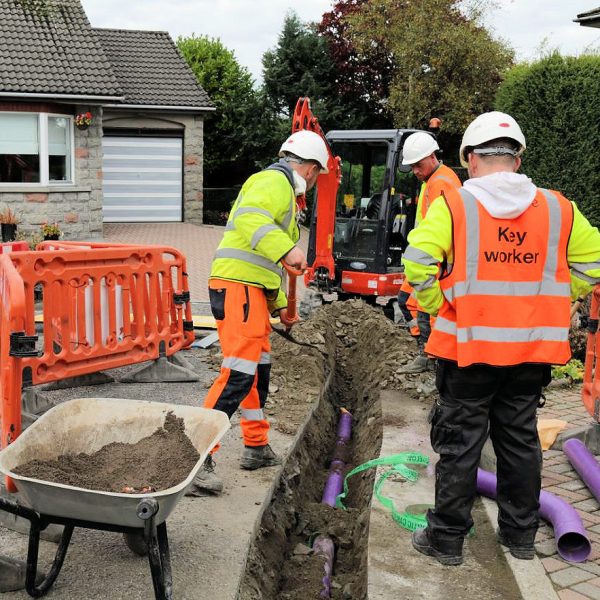

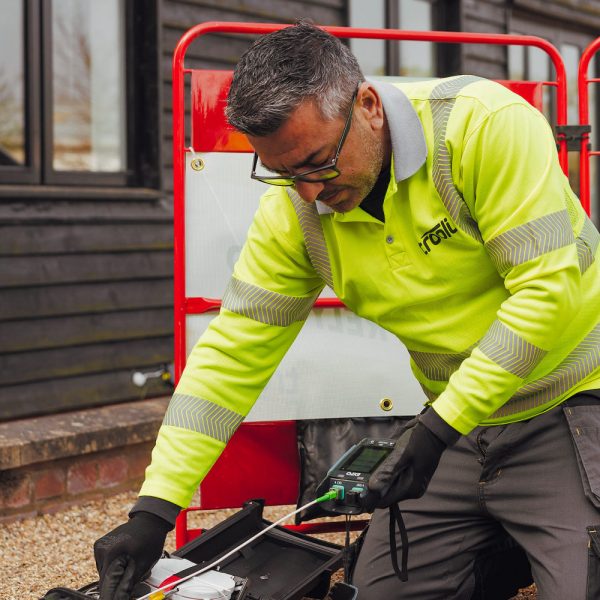


































Comments are closed